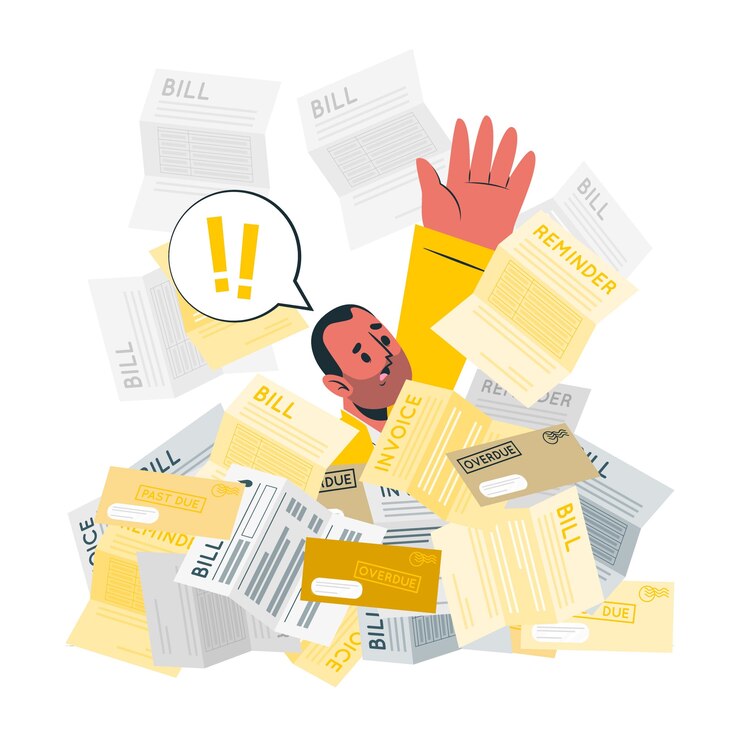What Is Unapplied Cash Bill Payment Expense?
What Is Unapplied Cash Bill Payment Expense?
Unapplied cash bill payment expense refers to the payment that hasn’t been matched as an actual expense. It happens when cash is paid, but the expense isn’t linked to a specific bill, making it unapplied.
For example, if a company pays $500 to a supplier in advance but the supplier hasn’t yet entered the invoice into the system, $500 is an unapplied cash expense.
This concept applies to cash-based accounting, where expenses are recognized when they are paid, not when they are incurred. It represents cash payments made to vendors that haven’t yet been matched to a specific bill.

Essentially, it’s the expense-side equivalent of cash payment income, capturing vendor payments that have been sent but not yet applied to a corresponding invoice or bill.
This situation often occurs when a business issues a vendor check before recording the related bill in the accounting system. Another common scenario is when a bill is created for a credit card balance, but the payment hasn’t yet been fully allocated to specific expenses.
Since this is an internal accounting function, it is not something you’ll enter manually on a purchase or sales form. Instead, it acts as a placeholder in cash-basis accounting, ensuring that payments are properly recorded and reconciled once they are applied to an actual expense.
It reminds us of sending money to a friend before having dinner (you know who you are).
FAQs
Why do I have unapplied cash bill payment expenses in QuickBooks?
Unapplied cash bill payment expenses appear in QuickBooks when a vendor payment is recorded before a corresponding bill is entered or matched to it. This often happens when:
- A check or payment is made to a vendor, but no vendor bill exists in QuickBooks yet.
- A bill is recorded after the payment, but the two transactions are not linked.
- A payment is applied incorrectly to the wrong vendor or category.
To fix this, locate the unapplied payment and link it to the correct bill in QuickBooks so the system recognizes it as a properly recorded expense.
What does unapplied payment mean?
An unapplied payment refers to a cash payment received or sent that hasn’t yet been matched to an invoice or bill. For example:
- In accounts receivable, it means a customer payment has been recorded, but no invoice has been applied to it.
- In accounts payable, it means a vendor has been paid, but the payment isn’t linked to a recorded bill.
Unapplied payments can distort financial reports, making it seem like a business has extra income or expenses when those amounts should be matched to specific transactions.
What is the difference between applied cash and unapplied cash?
- Applied cash is when a payment is properly matched to an invoice or bill, ensuring the transaction is fully recorded.
- Unapplied cash refers to payments that haven’t been linked to an expense or revenue item, leaving them unallocated in the accounting system.
What are unapplied cash bill payment expenses?
Unapplied cash bill payment expenses represent vendor payments recorded on a cash basis but not yet matched to a specific bill. These show up in financial reports because, under cash-basis accounting, expenses are recognized when paid—regardless of whether they are assigned to a bill.
How to treat unapplied cash?
Unapplied cash should be reviewed and properly allocated to the correct transaction:
- Identify the unapplied payment in the accounting software.
- Match it to the correct bill or invoice if one exists.
- If no matching bill or invoice exists, determine if one should be created or if the payment was made in error.
- Reclassify or correct the entry to avoid reporting distortions.
Regularly reconciling unapplied cash helps ensure accurate financial reporting.
Is unapplied cash a debit or credit?
The accounting treatment depends on whether it’s received or paid:
- Unapplied cash received (Accounts Receivable) – Recorded as a credit to a liability account (e.g., Unearned Revenue) until matched to an invoice.
- Unapplied cash paid (Accounts Payable) – Recorded as a debit to an expense account, reflecting a vendor payment that hasn’t yet been assigned to a bill.

